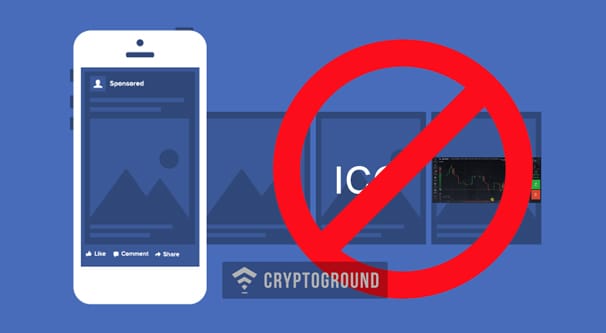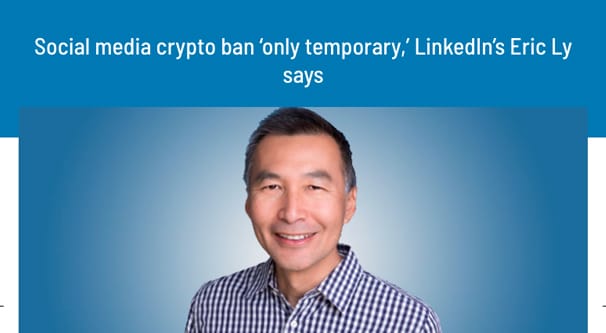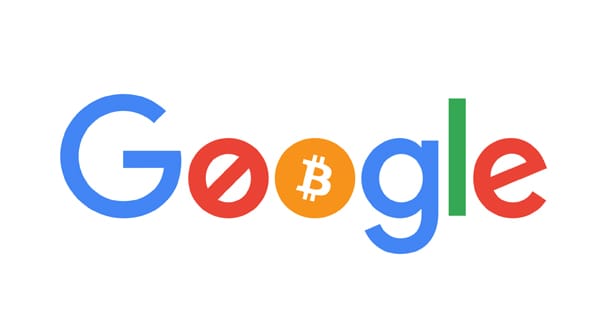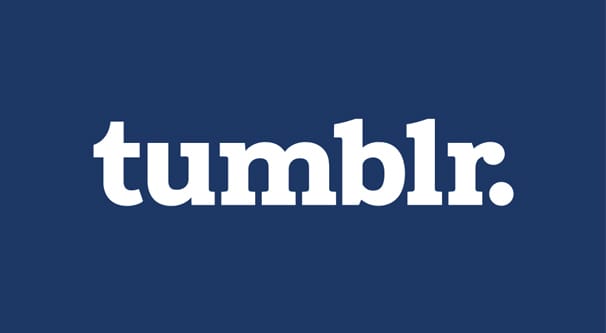 Written by ContentPowered.com
Written by ContentPowered.com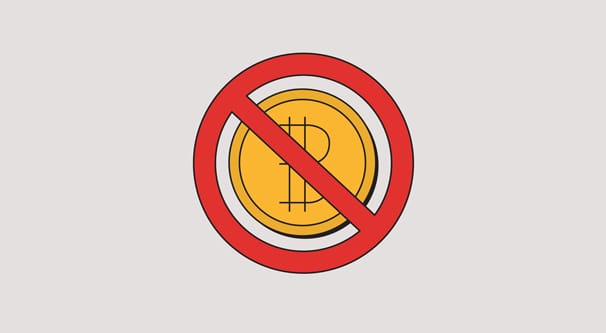
Cryptocurrencies have been getting the short end of the stick when it comes to online advertising, and it’s following in the same sort of footsteps as industries like online casinos and pharmacies.
The reason is pretty simple. Anyone familiar with cryptocurrencies as they stand today knows that it’s a minefield of scams. The news only really talks about the big names, like Bitcoin and its spinoffs, Litecoin, Ripple, and a few others. In reality, there are thousands of coins, the vast majority of which are completely worthless.
In fact, a lot of these coins are created either as parodies or as actual scams. It’s easy enough to set up a website hyping the benefits of some new coin, pay for a bunch of guest posts on the major cryptocurrency blogs and a lot of the fringe players, and release an initial coin offering. The ICO preys upon everyone who got hyped up with the round of publication, along with a few well-known psychological techniques, and gets people to buy in. After all, what can it hurt? Buy $100 worth of a coin now and if it shoots up in price, you stand to become the next crypto millionaire.
Of course, the ICO is the end goal of these coin scammers. They have no intention of pursuing the technology, expanding the userbase, getting their coin used for any real purpose. All they’re doing is selling you these coins, taking the money, and living grand.
This is why a lot of major sites are cracking down on or removing cryptocurrency ads entirely. Facebook was one of the most recent and most major sites to ban advertising for such topics.
Facebook’s Ban
In a blog post published in January of 2018, Facebook announced several alterations to their list of ad policies. The new policy states that “Ads must not promote financial products and services that are frequently associated with misleading or deceptive promotional practices, such as binary options, initial coin offerings, or cryptocurrency.”
This is due to two things. The first is that the extreme number of shady ICOs led to a lot of people losing a lot of money while scammers were able to make off with a ton of cash with basically no effort. It’s so easy to hype up a coin that may as well not exist, make money, and vanish into the night. When 99 out of 100 ICOs is a scam, it’s far easier to blanket ban them all and let the rest of the world figure it out. After all, it’s not Facebook’s problem to solve. Besides, Facebook has bigger issues to deal with right now, like all of this Cambridge Analytica fallout.
The other reason Facebook is banning cryptocurrency is the simple volatility of Bitcoin and other coins. Too many people have been burned when they buy in at a high before the coin crashes, and these people often lash out at whatever they can find. Facebook, being the bearer of the ads that got them into it, often has to weather these attacks. It doesn’t really hurt them, but it’s also not something they want to deal with, so into the ban bin it goes.
Facebook makes mention that this new policy is intentionally overly broad while they figure out where more sensible boundaries can be placed. For now, the ban is a blanket ban on all cryptocurrency-related ads and ICO ads. This even applies to businesses selling regular products, if those ads mention accepting Bitcoin in payment. It also applies to Instagram, since it uses the Facebook ads program to manage its ads.
How is it all going to shake out? I figure it’ll end up in the same boat as online pharmacies and dating sites. See, as it stands right now, certain online pharmacies and certain dating sites are allowed to advertise on Facebook. You can’t just up and create ads for an online pharmacy, though; you have to be a representative of an approved business. CVS or Walgreens can advertise on Facebook because they have prior written permission. BobsOnlinePharmacy.com selling you nootropics and cheap Viagra won’t be able to get an ad approved.
I imagine that, by the end of 2018, Facebook will have a whitelist of certain websites that are allowed to make cryptocurrency ads. I assume the big name sites like Coinbase and Bitcoin.com will be whitelisted, while fringe blogs will not. ICOs will probably remain banned in general, but ads that advertise accepting cryptocurrencies in payment for non-crypto goods and services will be allowed. Don’t take my word for it, though; just wait and see what happens. It’s not like you can do much else on Facebook anyways.
The related question, though, is what can you do in the mean time? Are there other social networks that still allow cryptocurrency ads? The good news is yes, there are.
Other Crypto-Friendly Social Networks
So which other social networks still allow cryptocurrency advertising? Let’s run down a list.
Twitter: Unfortunately, Twitter has followed the footsteps of Facebook. Jack Dorsey personally is a proponent of cryptocurrencies, Bitcoin in particular, but the site as a whole recognizes that advertising for ICOs and cryptocurrencies in general is too big of an unregulated minefield to allow it to remain unfettered. They announced their ban at the end of March in 2018, so very recently as of the writing of this article.
Of course, nothing stops you from promoting an account while having that account tweet about cryptocurrencies. As long as the account isn’t specifically a cryptocurrency account, you should be safe. It’s a less effective means of promoting your coin, but it’s better than nothing. Organic posts are fine as well, of course, but that’s true on any platform. Most social networks ban overtly objectionable content like graphic gore or self-harm, but none of them are going to ban something as benign as cryptocurrency discussion.
Twitter does still allow advertising for exchanges and wallets, particularly hardware wallets, as long as the company in question is listed on a major stock exchange. This is a high bar, though, and it means the company is subject to much greater scrutiny and regulation than normal, so there are repercussions for a cut-and-run scam.
LinkedIn: In a previous article, we discussed alternatives to Facebook for advertising cryptocurrencies. Most of the alternatives are large, less regulated advertising networks like BuySellAds and Conversant Media, but one major alternative was LinkedIn advertising. LinkedIn, with its focus on B2B advertising rather than typical B2C marketing, was a good place to market new coin. Unfortunately, they too have decided to announce a ban on cryptocurrency advertising.
LinkedIn is owned by Microsoft, which makes this situation pretty interesting. LinkedIn specifically has banned ads related to the sale of virtual currencies. You can try to argue that some particular coin or another doesn’t quite fit that definition, but I doubt you’ll be able to skirt past Microsoft’s regulators.
Microsoft to date has only announced this cryptocurrency ban in relation to LinkedIn specifically. Other Microsoft ad platforms, most notably Bing, still allow cryptocurrency ads. Because of this, Microsoft actually stands to pull in a lot of potential customers from crypto-entrepreneurs looking to advertise. Sure, Bing has a much smaller audience than Google or Facebook, but it’s still a significant number of people, many of whom share certain predilections that drive them towards cryptocurrencies in general.
Google+: Google Plus is a Google service, and thus is running advertising through the same Google AdWords advertising platform as all other Google services. Thus, it’s subject to the same rules as ads in Google’s display network, Google’s search page, and other Google-owned properties.
As you might have heard already, Google has also implemented a ban on cryptocurrency advertising. Specifically, their policy states:
- Ads related to cryptocurrencies and related content (including but not limited to initial coin offerings, cryptocurrency exchanges, cryptocurrency wallets, and cryptocurrency trading advice) will no longer be allowed to serve.
- Certification by Google can allow specific companies to advertise. Certification requires that the company be licensed by a relevant financial authority in their target country (not necessarily their country of origin), their advertising must comply with general AdWords policies, and the ads must comply with relevant legal requirements, including those relating to complex speculative financial products.
These policies are broadly applicable to every Google-owned property, i.e. anything that uses AdWords as their advertising base. Unfortunately, that’s 2/10 of our previous recommendations cut out.
YouTube: As mentioned above, Google has cut out all cryptocurrency advertising through AdWords. So why am I still including YouTube as its own entry?
Well, with a little circuitous thinking, you can still advertise on YouTube. The thing is, you can’t advertise through traditional video ads, in-stream ads, or YouTube platform ads. So how can you advertise a cryptocurrency on YouTube?
There are two ways. The first of which is simply posting your own ad-like videos organically and then advertising those videos throughout cryptocurrency circles. If you can advertise your channel and your content on other sites – though obviously not the ones listed above and below – you can get your videos picked up by the YouTube recommendation algorithm. At that point, you’ll be getting a lot of exposure and will essentially be advertised on YouTube without having to pay for it.
Of course, I make no guarantees as to whether or not Google will filter cryptocurrency keywords from their recommendation engine. You’ll just have to try it to see.
The other method is to advertise with other content creators. While you can’t pay Google to run ads on monetized videos, you CAN approach content creators and ask them about an advertising deal. Nothing stops a content creator from making an organic shout-out to a coin they enjoy (and just so happen to be paid to promote), though that content creator will need to disclose their affiliation with you so they don’t run afoul of the FCC’s regulations on sponsored content.
Snapchat: Snap has been quietly suppressing cryptocurrency ads since February, though their ban is a little more nuanced than others. They ban ads that relate to ICOs and to cryptocurrency token sales, but they allow ads that talk about cryptocurrencies in general – like advertising the advice on Coinbase – and other related crypto topics. If you’re able to make use of the Snapchat ad format and can successfully reach out to the generally younger – and generally poorer – audience you’ll find on the platform, you can advertise certain kinds of crypto content.
Pinterest: Pinterest also has a ban on cryptocurrency advertising, though it’s unclear what falls under it and what doesn’t. Their ad policy specifically says – under Unacceptable Business Practices – “We don’t allow anything that promotes products, services, or business models that we consider unacceptable. This includes models like […] financial services that facilitate the purchase or trade of bitcoin and other cryptocurrencies.”
To me, this sounds like you can advertise coin-related information sites, but you can’t advertise the sale of coins, ICOs, or exchanges. Still, that’s one of the more lenient policies in place among social networks.
Reddit: As one of the largest social networks in the world and with some of the largest cryptocurrency communities in the world, it may come as a surprise that Reddit has banned cryptocurrency advertising longer than anyone else on this list. In fact, Reddit has banned crypto ads since 2016! Reddit simply lumped cryptocurrencies and ICOs in with “unsubstantiated financial products and services” and “the promotion of single securities or other tradable financial assets.” That said, you can still take organic discussion of your cryptocurrency product to Reddit and it can work out fine.
Tumblr: Oddly enough, Tumblr has no policy banning cryptocurrency ads. I haven’t seen mention of a blanket ban under financial grounds, either. Your ads simply have to abide by the general terms of advertising, so they can’t talk about get-rich-quick schemes or other financial scams. I wouldn’t be surprised if a ban comes down some time this year, but for now, it might be worth trying out.
VK: Contrary to other social networks, the Russian VK social network actually made an announcement explicitly allowing cryptocurrency advertising. Of course, your audience will be primarily Russian and eastern European, which has its own set of problems. If you can work with that, go for it.
